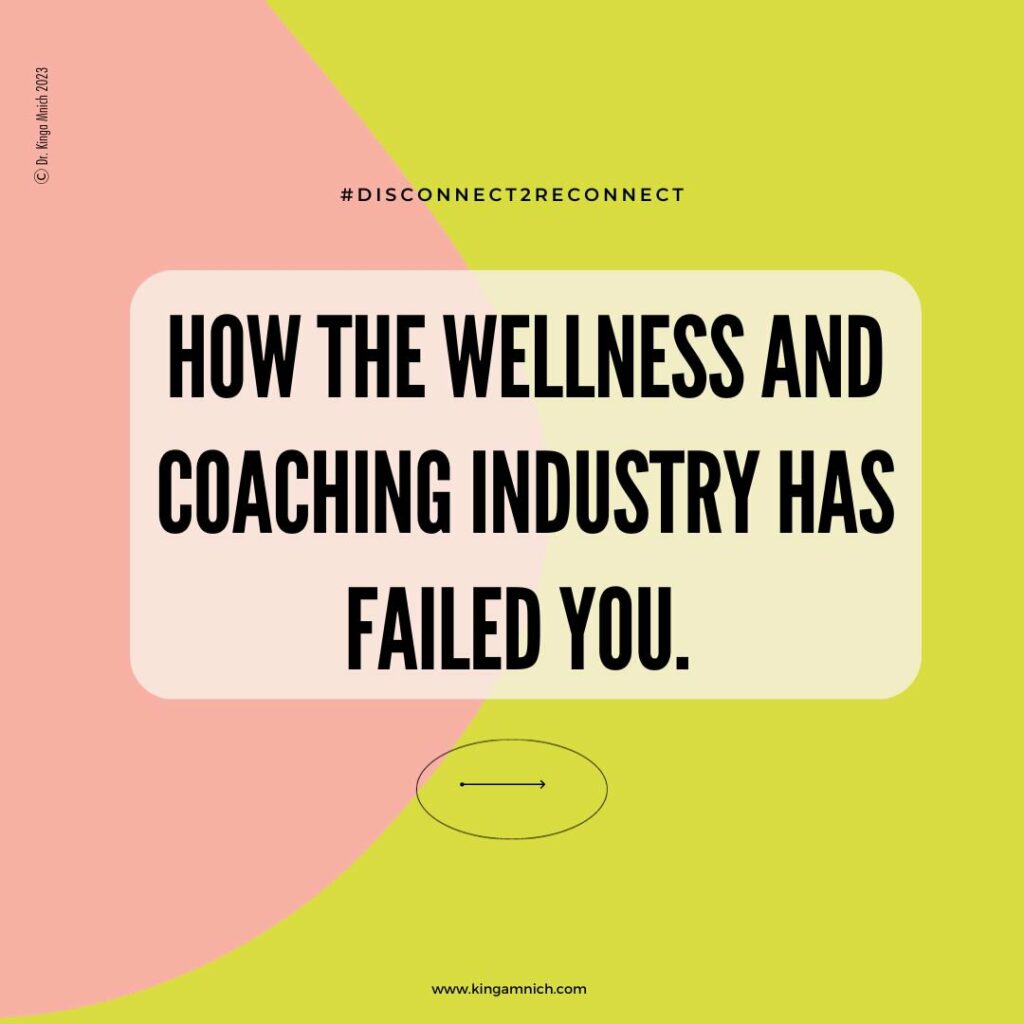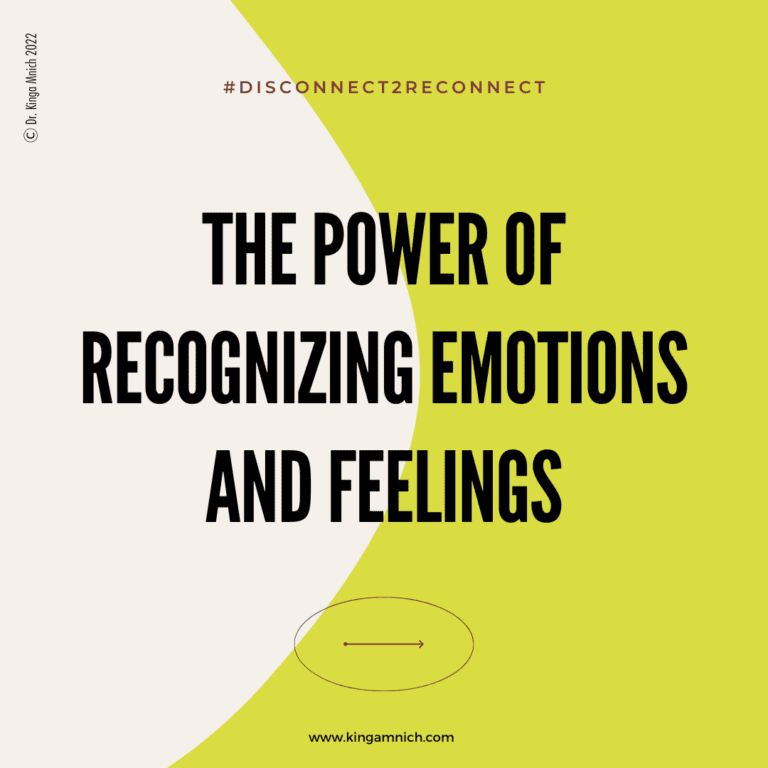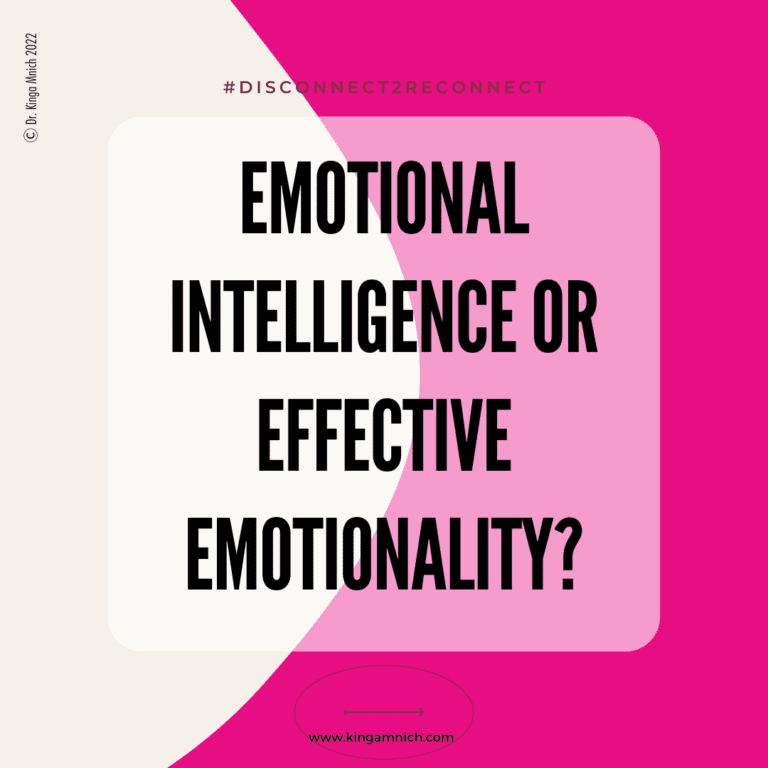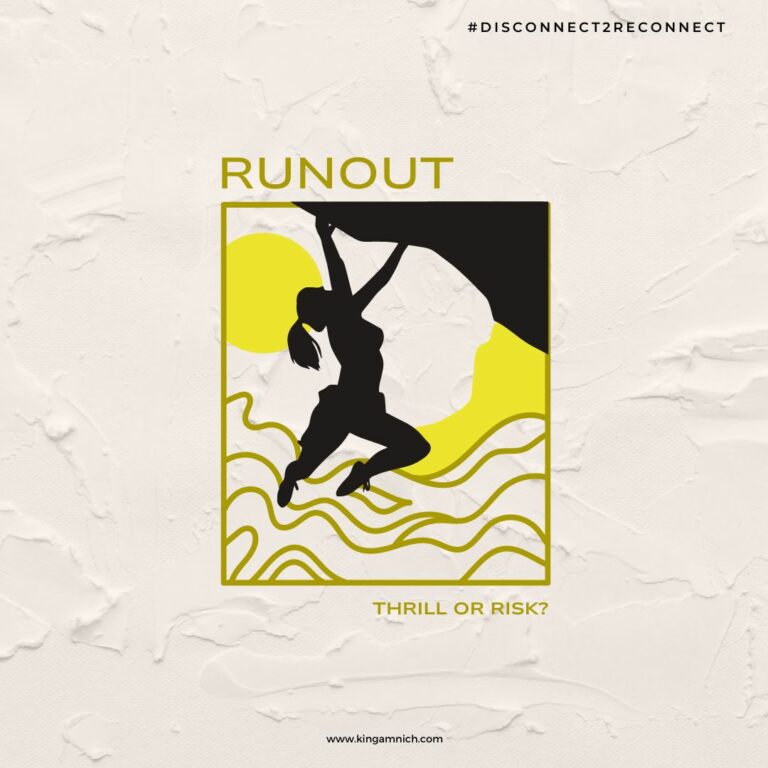Everyone wants to live a happier and healthier life. That’s why it makes sense that the wellness and coaching industry is so successful. The promise of feeling and looking better, having more time for what matters in life, and simply being happy is something that most of us desire.
Brief overview of the wellness and coaching industry.
According to Precedence Research, the global health coaching market size was estimated at US $15.4 billion in 2022, and is predicted to hit over US$ 29.1 billion by 2032. These numbers aren’t surprising considering that some coaches charge as high as $7,000 per hour of their time, and some are reputed to be charging even more. As far as my observations, though, the top end of what I see offered through social media is around the $7000 mark. (Yes, social media – these sessions are not being offered to corporations, but to people like you and me.)
Rise in popularity and influence.
Over the past few decades, the coaching and wellness industry has experienced an unprecedented surge in popularity, becoming a pervasive force in contemporary culture. Fueled by a collective desire for self-improvement, stress alleviation, and the pursuit of holistic well-being, this industry has evolved into a huge market. And in order to participate in it, you often need to come with a significant amount of cash. This cost makes it, in many places, a very exclusive activity.
Coaching’s rise in popularity can be attributed to the increase of mental health awareness, changing societal attitudes toward self-care, and the pervasive influence of social media. Many celebrities and influencers endorse wellness practices, contributing to their widespread adoption. The allure of a healthier and more fulfilling life has drawn individuals from diverse backgrounds into wellness and coaching, shaping a cultural narrative that places a premium on personal growth and self-discovery. However, as the industry continues to flourish, it is essential to critically examine its promises and impact, considering whether it actually does deliver on its commitment to fostering genuine well-being, or if it merely perpetuates unattainable ideals and individualism.
The failures and shortcomings of the wellness and coaching industry
One of the most alarming aspects of the wellness and coaching industry are weekend workshops that can certify anyone as a coach or wellness expert – leaving many instructors with grossly insufficient knowledge.
I can’t count the number of times people have told me that you don’t have to hold a degree in order to be able to give expert advice. True – if you do have a solid breadth of experience. But, I think it’s reasonable to question the wisdom of 22-year-olds who have little to no work experience and limited life experience, supporting another person in overcoming a crisis. (The same goes for nutrition coaches, by the way. In just two weeks, you can get certified and advise people who have potentially life-threatening conditions.)
I believe that one reason for the increase in popularity of these ‘gurus’ is the failure of the medical and educational system to provide much-needed services. Combined with the fast-paced lives we lead nowadays and, in the US, the uncertain price tag that comes with health care, people are only too quick to jump at what they perceive as a workable alternative for mental health and wellbeing.
The Promise of Wellness
We are bombarded with beautiful images from far-off islands, perfectly curated Yoga rooms, success stories of manifestation and positive thinking. It all seems and looks so promising. How could it not work? And it all starts with you, your mindset, your commitment – and often a lot of dollars.
Many of us are overworked, exhausted and overextended. The current culture of high achievers and the belief that your life doesn’t mean anything if you don’t earn enough create a captive, easily attracted market!
For women, the topic of money is even more complicated because we are still underpaid in relation to men, undervalued, and frequently work a second or third shift. So it is logical that we need to learn to set boundaries, take time for ourselves, and recharge.
The marketing of wellness as a panacea
Five years ago, I was invited to a meeting for coaches, which was ironic for me, because I had never thought of myself as a coach (a term that was, until I moved to the US, still foreign to me). I had my Ph.D. in Social Psychology, a 2-year Sivannada Yoga Teacher Training, additional training in breathwork and meditation, years of experience as a mediator, consultant, researcher, scholar and philosopher, and at this event, I was surrounded by other “coaches” – many of whom had no degrees nor certification.
When I asked how they were justifying their prices, and was it potentially unethical to coach others without additional training/experience, I was told that I clearly needed coaching myself because I obviously ’did not believe in my own capabilities!’ Other answers to the question of pricing included that ‘people need to pay in order to feel accountable;’ ‘if they are willing to buy coffee at Starbucks, they can afford my coaching;’ and ‘I guarantee results…as long, of course, as they do the work.’
The importance of community
All of these pitfalls aside, the most troubling gap in the coaching offers that I see today, is that most one-on-one coaching offers don’t include one of the most critical aspects of success and of the sense of accomplishment. That is the need for community.
Look at your own life. When have you created the most leaps in your life and career? For me, it has always been interlinked with people who opened doors, supported me, and stood by me. My biggest mindset shift occurred when I was surrounded by people backing me and being there when I needed them. It happened in conversations with people discussing books, articles and ideas. It rarely happened when I was on my own.
Many ‘coaches’ will claim that they are building a community. In fact, they are building a group of permanent clients. Paid Facebook groups, curated dinners with a premium price, $4000, 5-day yoga retreats in a developing country where the accommodation costs no more than $100 a day.
How about a mastermind?… the ‘masterminds’ can cost $100,000 for 6 months, promising transformation and all the right connections. But, you may hear from a person who benefited from this and made their dreams come true, but you won’t find coaches revealing the number of people who really made it. I have watched friends spend thousands of dollars on masterminds and, years later, still have not discovered the results they hoped for.
The impact on mental health and self-esteem
You might be one of these people and find yourself in a place where you ask yourself: Is it me? I may not be worthy of success and happiness. I don’t have what it takes.
No, it is not you. It is actually rarely you. That is something that I can say with confidence as a social psychologist. In most cases, it is the system, the surroundings, the people who play with you by using basic psychology and human desire. Yes, accountability is important, but so is recognizing who can actually support you.
Lack of Regulation and Accountability
The lack of regulation and accountability, especially in the US, is one of the biggest contributors to the exploitation that is happening within the coaching sector. This includes the absence of standardized qualifications and certifications, the proliferation of unqualified practitioners, and the capitalization of the educational system. (My guess is that many more coaches would get a degree if they didn’t have to take out a loan to get educated). Another important aspect is the unhealthy relationship with money and the belief that we can’t be happy without it.
It is quite an interesting concept. We try to find more happiness while being taught that happiness comes with money. Yet the happiest people on this planet live in countries where money isn’t the center of every intention. Instead, community and connections are their centers (but, they did not have lifestyle coaches telling them what they needed!).
The consequences of unregulated advice and practices
The perpetuation of body image standards and the emphasis on physical appearance in wellness cultures have negative effects on self-esteem and body image. Social media is, of course, perpetuating these unrealistic standards and still, many blame magazines and shows from the 90s for this pressure. I would argue that there hasn’t been a more difficult time in history than today. The continual exclusion of many ethnicities honestly often exhibits cultural appropriation. But these are more often societal problems as well as individual difficulties. The person and the community must be involved in making improvements here!
What science teaches us about wellness, self-care, and community
One of my favorite examples of how to improve your well-being and happiness is to help someone else – that is giving support without counting on receiving something back. Another means is using your natural skills in an effective and meaningful way. In both cases, I am referring to studies from positive psychology. Our life satisfaction increases substantially through meaningful connections.
Yet, we are being taught to focus on ourselves and set boundaries that might break meaningful connections. We are so focused on being happy and successful that we forget that our actions impact the happiness of others. This is in truth, selfish, and is the reason why so many, after spending years chasing new wellness methods and spending a fortune on it, are still unsatisfied.
In the meantime, the commercialization of self-care means that to take care of yourself, you have to spend money. Consider the implications of this!
Years ago, I visited a holistic chiropractor. His first sentence to me was, if I still see you in 6 weeks, I haven’t done my job. I had a shoulder injury that I needed help with. He supported me in regaining my full mobility, not only through his own work, but also by connecting me to other specialists. As with anything in life, the key to success is holistic connection and creating a community in which one feels supported.












